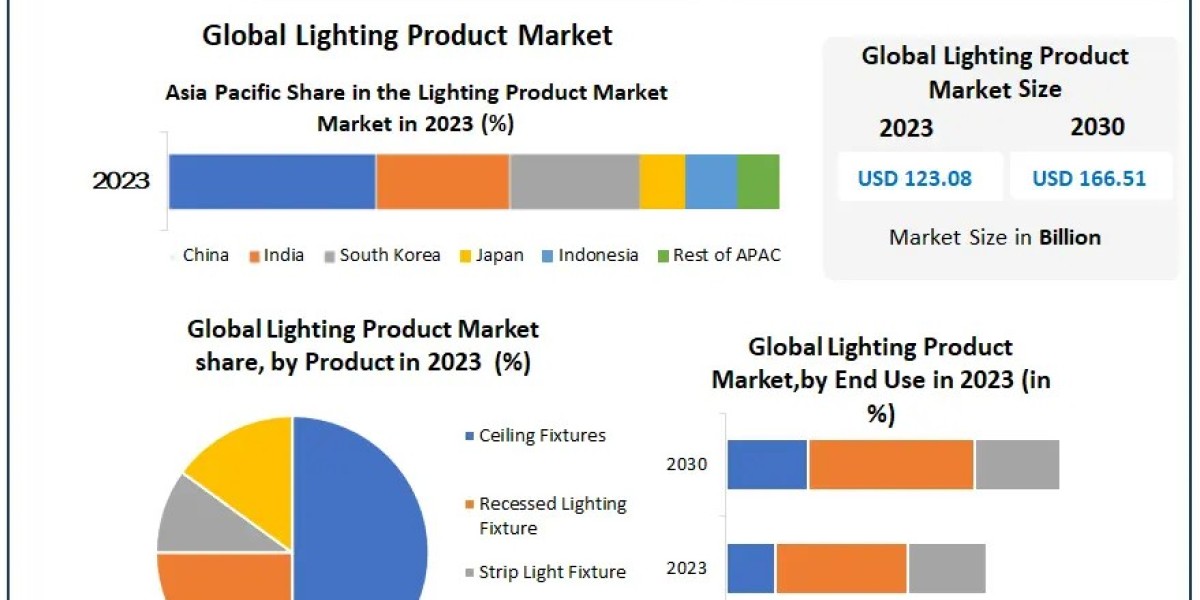Islamic finance represents a unique financial system rooted in the principles of Sharia, or Islamic law, which prohibits certain conventional practices like charging interest (riba) and investing in businesses that engage in prohibited (haram) activities. As an alternative, Islamic finance emphasizes risk-sharing, ethical investments, and fairness. This system has seen robust growth over recent decades, especially in regions with significant Muslim populations, including the Middle East, Southeast Asia, and North Africa. Islamic finance has gained international interest for its ethical approach to financing, appealing to both Muslims and non-Muslims worldwide who seek socially responsible investment options.
More Info : https://www.econmarketresearch.com/industry-report/islamic-finance-market/
Key Principles of Islamic Finance
The foundation of Islamic finance is built on several core principles. Primarily, the prohibition of riba (interest) means that financial transactions cannot include predetermined interest payments. Instead, Islamic finance promotes profit-and-loss-sharing arrangements where risks and rewards are shared between parties. Another key principle is the prohibition of gharar, or excessive uncertainty, which limits speculation and encourages transparency and ethical conduct. Investments are also restricted to sectors and activities deemed halal (permissible), avoiding areas like alcohol, gambling, and weapons manufacturing. Together, these principles create a system that emphasizes economic justice, social welfare, and ethical investments.
Instruments of Islamic Finance
Islamic finance utilizes a range of specialized financial instruments that align with Sharia principles. One of the most well-known is Murabaha, or cost-plus financing, where an asset is purchased by the bank and resold to the client at a profit margin agreed upon in advance. Ijara is another popular instrument, akin to leasing, where a bank purchases an asset and leases it to the client for an agreed term. Mudarabah and Musharakah are partnership-based contracts, where profits and losses are shared among parties based on the capital they contribute. These instruments offer viable alternatives to conventional loans, enabling financial transactions that are both Sharia-compliant and structured to meet a variety of client needs.
Sukuk: The Islamic Bond Alternative
In Islamic finance, Sukuk is a unique form of investment that serves as an alternative to conventional bonds. Unlike traditional bonds, which pay interest, Sukuk represents ownership in a tangible asset, usufruct, or a project. Sukuk holders earn returns through the income generated by the asset or project rather than through interest payments. This structure aligns with the Islamic principles of risk-sharing and asset-backing. Sukuk issuance has gained global popularity, with issuers including governments and corporations that seek financing while adhering to Sharia principles. The sukuk market is expanding rapidly, driven by the demand for ethical investments and the diversification of global financial portfolios.
Islamic Banking: Serving Faith-Based Financial Needs
Islamic banking is at the heart of the Islamic finance industry, providing an alternative to conventional banking for clients seeking Sharia-compliant financial services. Islamic banks offer services such as savings accounts, mortgages, and business financing based on principles like profit-sharing and risk distribution. These banks operate in accordance with Sharia supervisory boards that ensure compliance with Islamic principles. Leading Islamic banks, particularly in countries like Saudi Arabia, Malaysia, and the UAE, have pioneered innovations in Islamic finance, creating products that meet customer demands while strictly adhering to ethical standards. Islamic banking's growth reflects the increasing desire for financial systems that align with personal and ethical values.
Takaful: Islamic Insurance
Takaful is the Islamic alternative to conventional insurance and is based on the principle of mutual assistance. In a takaful arrangement, policyholders pool their resources in a cooperative fund to cover losses or damages among members. This model eliminates the need for risk transfer and instead fosters mutual responsibility among participants, which aligns with Islamic principles. Takaful has become a popular form of insurance in Muslim-majority regions, offering coverage for health, life, and property that adheres to Sharia guidelines. As the global demand for ethical insurance options grows, takaful is attracting interest from non-Muslim consumers as well, highlighting its potential for expansion.
The Rise of Islamic Fintech
Islamic finance has entered the digital age with the rise of Islamic fintech, which combines financial technology with Sharia-compliant principles to offer innovative financial solutions. Islamic fintech platforms now provide services such as digital banking, peer-to-peer lending, and crowdfunding, making it easier for clients to access Islamic financial products. These platforms are particularly popular among younger demographics seeking ethical financial services that are convenient and accessible online. Islamic fintech has become a key driver in the growth of the industry, enhancing financial inclusion in underserved markets and expanding access to Sharia-compliant products worldwide.
Future Prospects and Growth Opportunities
The future of Islamic finance looks promising, with projections for continued expansion across various sectors. Countries in Asia and Africa, along with established Islamic finance hubs in the Middle East, are actively promoting Islamic finance as a means of driving economic development. Additionally, as the demand for ethical investment options grows worldwide, Islamic finance is poised to capture a broader market. Emerging areas like Islamic green finance, which funds environmentally friendly projects in a Sharia-compliant manner, demonstrate the adaptability of Islamic finance to modern challenges. With strong governmental support, advancements in fintech, and increased cross-border collaboration, the industry is set to play a larger role in shaping the global financial landscape.
Contact Info
Phone Number: +1 812 506 4440
Email : [email protected]








